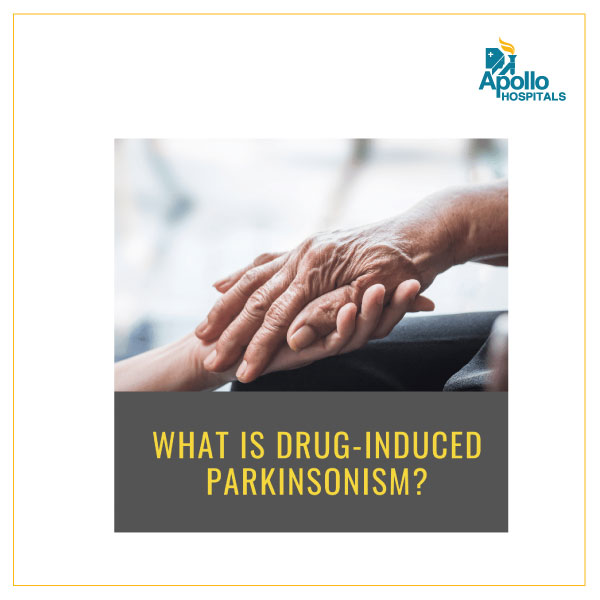Could not find what you are looking for?
- Health Library
- What Is Drug-induced Parkinsonism?
What is Drug-induced Parkinsonism?


Drug-induced Parkinsonism (DIP) is a condition in which the use of certain medications leads to the development of Parkinson’s disease-like symptoms. DIP is a common cause of secondary parkinsonism, which refers to parkinsonism that is caused by a specific underlying condition, such as a drug reaction.
What are the symptoms of drug-induced parkinsonism?
The symptoms of DIP are similar to those of Parkinson’s disease and include:
- Tremors (shaking movements)
- Rigidity (stiffness in muscles and joints)
- Bradykinesia (slowness of movement)
- Postural instability (inability to maintain body alignment)
However, unlike Parkinson’s disease, DIP typically develops after the use of a specific medication and usually resolves after the medication is discontinued.
Causes of drug-induced parkinsonism
- DIP can be caused by a wide range of medications, including antipsychotics, antiemetics, and certain antidepressants. These medications can interfere with dopamine function in the brain, leading to the development of parkinsonism.
- The risk of developing DIP is higher in older patients and those with a history of Parkinson’s disease or other movement disorders.
Diagnosis of drug-induced parkinsonism
Diagnosis of DIP is usually based on a patient’s medical history and a neurological examination. Imaging tests such as magnetic resonance imaging (MRI) or computed tomography (CT) scans may be used to rule out other conditions that can cause parkinsonism.
Treatment of drug-induced parkinsonism
The treatment of DIP involves discontinuing the offending medication. However, in some cases, it may be necessary to taper off the medication gradually to avoid withdrawal symptoms.
It is advisable to consult a doctor before discontinuing any medication.
Summary
Drug-induced parkinsonism is a common condition that can develop after the use of certain medications. It can be challenging to distinguish from Parkinson’s disease, but it is usually reversible with the discontinuation of the offending medication. Patients who develop parkinsonism while taking medications should speak with their healthcare provider about the possibility of DIP and the potential need for a medication change.
Consult the best neurologist in Mumbai for Parkinson’s disease.












